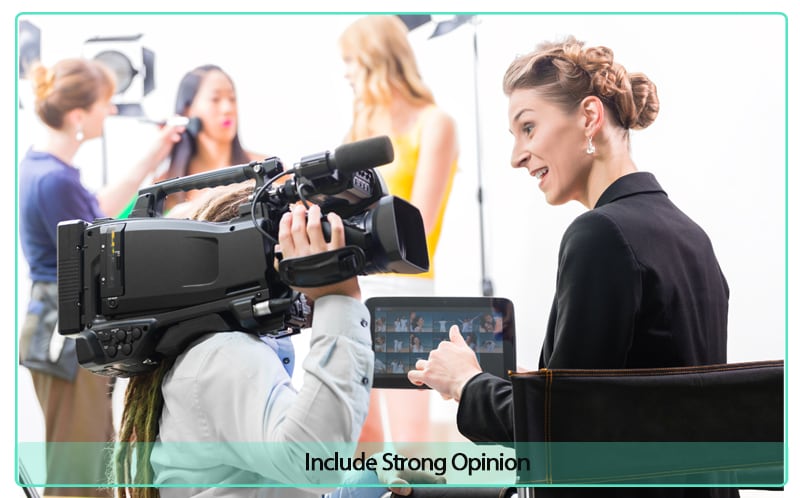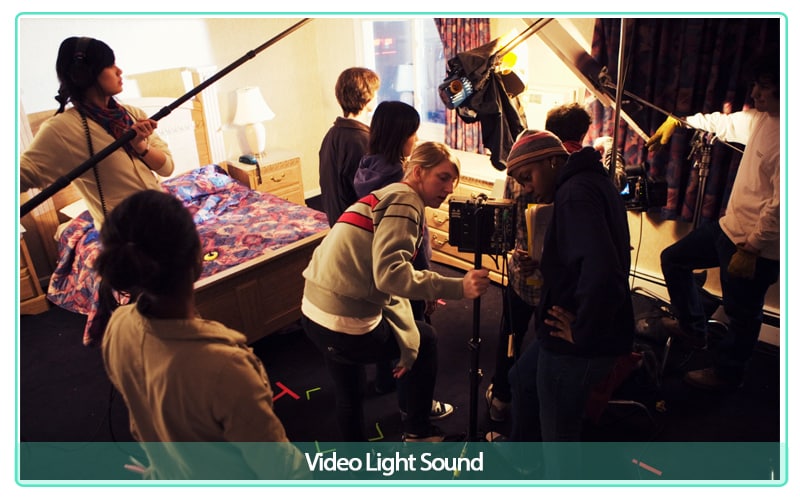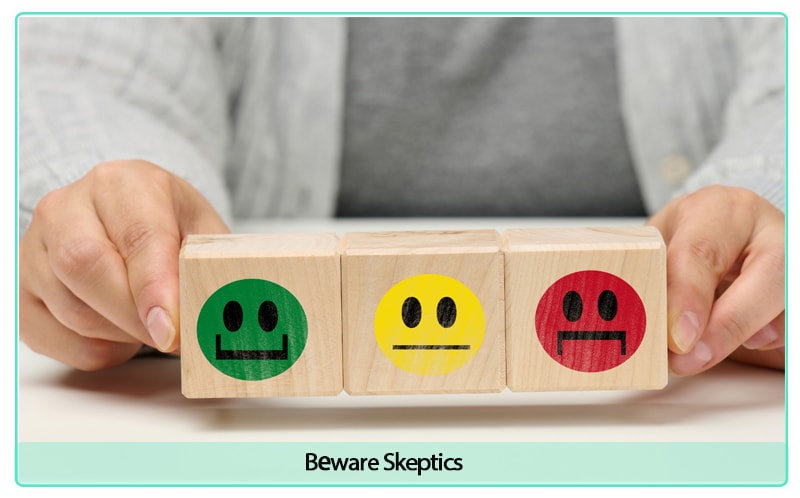![[New] Ingenious Ways to Enhance Trustworthiness in Client Spots on Screen](https://thmb.techidaily.com/b1dd0483f32a09412f335f94508f9f7301d5aa196fe907bac96fdd29e9d8162d.png)
[New] Ingenious Ways to Enhance Trustworthiness in Client Spots on Screen

Ingenious Ways to Enhance Trustworthiness in Client Spots on Screen
If you want to learn how to create video testimonials that convert, then this post is for you. It’s time to stop wasting time and money on ineffective videos that don’t get results. If you follow the tips below, you’ll have a solid strategy for creating professional-looking testimonial videos that your customers will love and share.
Identify Your Perfect Customer

The first key tactic to creating a perfect testimonial video is identifying your perfect customer. The more you know about the type of person who will benefit the most from using your product or service, the better you can tailor your video content to speak directly to them.
It may seem like a daunting task, but there are several ways you can go about defining who this person is:
- If possible, talk with current customers and ask them what they love about their experience with your business.
- If that’s not an option for some reason (maybe there aren’t any current customers), consider hiring a research firm or marketing agency that specializes in surveying potential customers and asking questions like “What would encourage you to buy from us?” or “How could we improve our service?” With this information in hand, it should be easier than ever before!
Ask Authentic Questions

- Open-ended questions are the best way to engage customers and get them to speak naturally.
- Make your question relevant to the customer and your product or service.
- The more specific you can be with these questions, the better. For example, if you’re selling pet products online, ask about their pets’ names, breed, and color (if applicable).
- If there’s no good reason for asking a question then don’t! For example: “How was your experience with our website?”
Include Strong Opinions

- Use the word “I”.
- Use the word “we”.
- Use the word “you”.
- You can also use the word “they” for an authoritative tone, or “them”, which is more casual and vaguer, depending on what you want to convey.
- Please avoid saying the word “me” because this makes it sound like you’re speaking in the third person—which can come across as unnatural and pretentious.
Keep it All Short and Sweet

When creating your video testimonial, you want to keep it short and sweet. After all, that’s the point of using video testimonials in the first place! Make sure you have a tight script with a few specific questions written down. You should also plan out how you’re going to arrange these questions into a flow.
When asking someone for their thoughts on a topic or issue, there’s always going to be some variation in how people respond. Some will talk about personal experiences; others will talk about what they’ve learned from others’ experiences; still, others might share some advice for future generations who might encounter similar problems. The key here is that your main objective is not necessarily the information itself (though this can help), but rather the emotion behind it—what effect does this experience have on your audience?
Asking open-ended questions allows people greater freedom when responding—and while this may sound like an ideal situation when creating content, it often results in less-than-ideal responses when creating content at scale since you won’t always get exactly what you want out of every shot.
Lighting, Sound, and Video Quality Matter

Lighting, sound, and video quality matter.
This is a given. If you want your testimonial videos to be effective and believable, they need to be properly lit, recorded with good audio quality, and captured in high resolution. While these may seem like obvious must-haves for any video production project—and they are—it’s important to remember that there are many factors at play when it comes to how your audience will perceive the final product.
Really Listen to Your Prospects

When you’re listening to your customers, don’t just take notes on what they say. Also, look at their body language and eye movement. This can tell you a lot about whether they are telling the truth or not, and it will give you an idea of what may be going on in their head.
If someone says “I love this product,” but then shows their eyes darting around nervously, that could mean that they’re worried about saying something nice about the product because it’s not really meeting their needs. If someone says “It’s okay,” but he or she is nodding along with enthusiasm when talking about it, that probably means he or she really does like it!
Beware of Skeptics and Negative Nellies

You might have skeptics and negative nellies in your audience. They’re the ones who are less likely to buy, but more likely to be negative about everything.
These people will try to poke holes in what you’ve done and make it sound like your product or service isn’t worth buying no matter what you do for them. Luckily for us, there are a few things we can do about this!
Conclusion
If you’re looking to boost your sales with testimonial videos, then you need to be sure that they reflect the quality of your product or service. Customers will be more likely to trust a testimonial if it’s given by someone who seems authentic and honest in their praise. Try these tactics out for yourself and see what results in you get!
Free Download For Win 7 or later(64-bit)
Free Download For macOS 10.14 or later
- Title: [New] Ingenious Ways to Enhance Trustworthiness in Client Spots on Screen
- Author: Frank
- Created at : 2024-07-26 14:01:55
- Updated at : 2024-07-27 14:01:55
- Link: https://some-techniques.techidaily.com/new-ingenious-ways-to-enhance-trustworthiness-in-client-spots-on-screen/
- License: This work is licensed under CC BY-NC-SA 4.0.


 Glarysoft File Recovery Pro Annually - Helps to recover your lost file/data, even permanently deleted data.
Glarysoft File Recovery Pro Annually - Helps to recover your lost file/data, even permanently deleted data.
